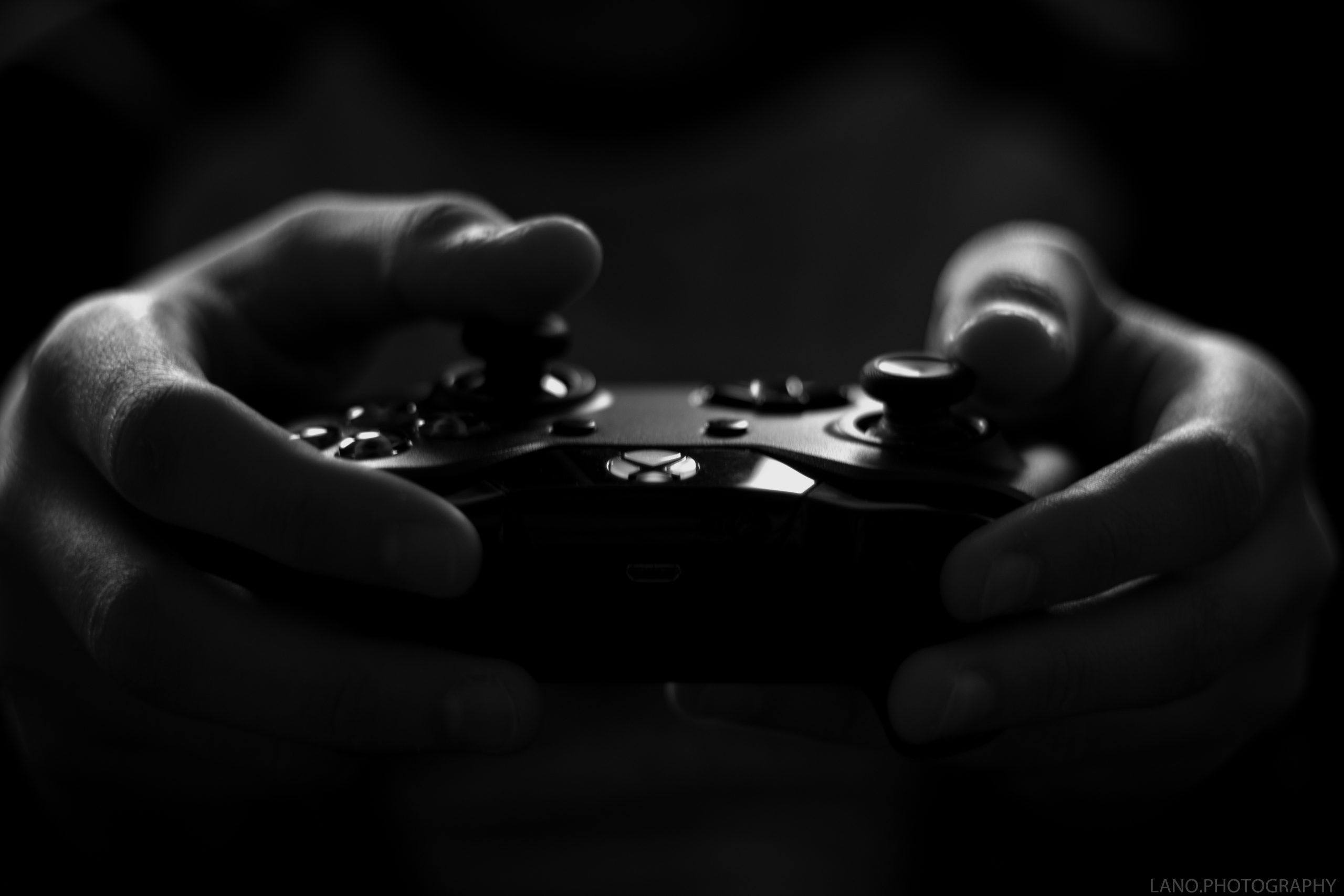
Photo courtesy of Lalesh Aldarwish CC/BY
WHO announces a new gaming disorder
All that nagging your parents made about how much you play video games may have been for the better, as the World Health Organization (WHO) officially recognized “gaming disorder” as a real mental health condition as of late Dec. 2017. Stated in their beta draft of the 11th International Classification of Diseases (ICD-11), a person that is diagnosed with this disorder is said to have: impaired control over gaming, priority given to gaming over one’s interests or hobbies and life activities, and the continuation of gaming despite knowing negative consequences. However, these behavioral patterns must be evident for at least 12 months in order for gaming disorder to be diagnosed.
Because this disorder is new, some say their description of gaming disorder is rather vague; for instance, “impaired control over gaming” or “priority given to gaming over one’s interests.” Gamers would be most likely concerned about this new condition; many YouTubers and Twitch streamers rely on playing games, and the rest of the community play for entertainment.
Bruce Y. Lee, associate professor at John Hopkins Bloomberg School of Public Health, argues that specifically classifying excessive video gaming reflects on how our society shames the enjoyment of technology.
“Classifying an activity as a mental health condition is all about context,” Lee said. “Practically any activity, even those seemingly good and necessary, can become mental health issues when you no longer can control the activity and [it] starts interfering with your life. Why then specify video games [as a disorder] when any activity can be done in excess?”
However, there have been cases where gaming has been excessive and indeed taken over people’s lives. Gregory Hart, a spokesperson for WHO, stated that “there is increasing and well-documented evidence of clinical relevance of these conditions.” It is cases like these that the WHO are trying to prevent in hopes of reducing the number of lives harmed because of gaming addictions.
Despite this, the chances of acquiring this new mental health condition only affect a small amount of people, as stated in the WHO’s FAQ on gaming disorder. However, if you feel like gaming as taken a toll on your social, family or academic life, Lee recommends asking yourself the CAGE Questions:
- Have you ever felt that you should Cut down on [playing games]?
- Have people Annoyed you by criticizing your gaming [behavior]?
- Have you ever felt bad or Guilty about your gaming?
- [Is playing games] the first thing you think about in the morning when you wake up(Eye opener)?